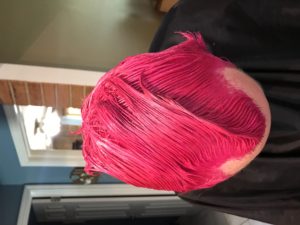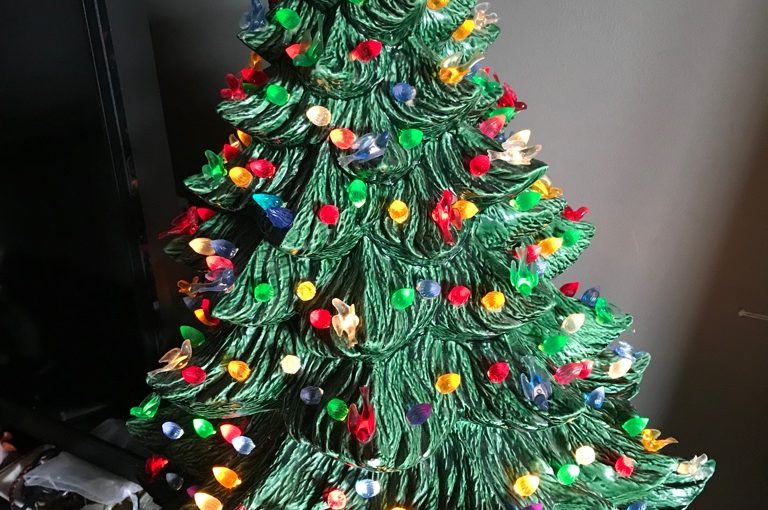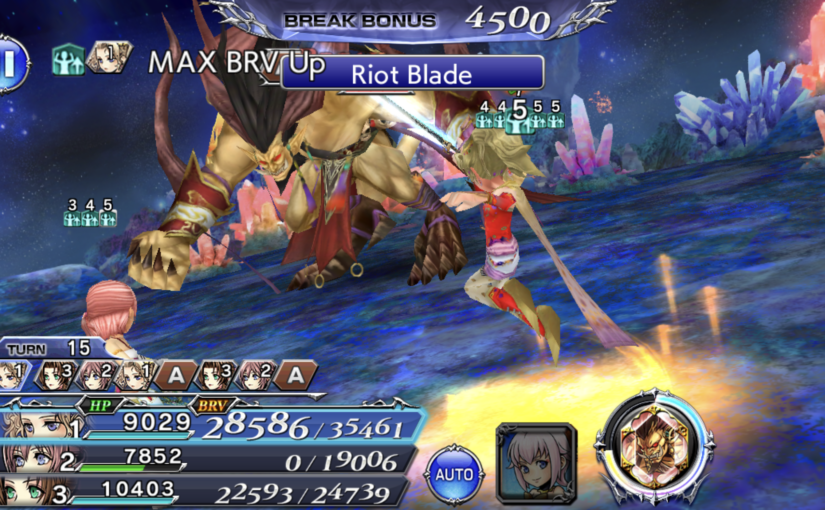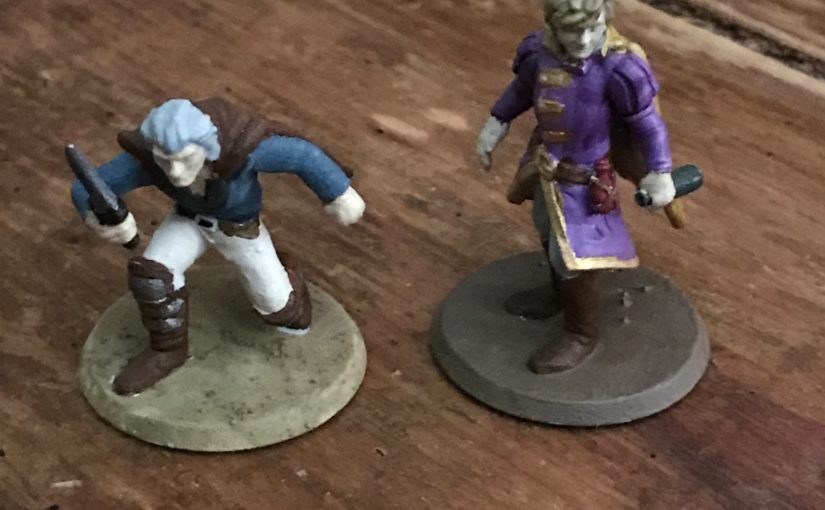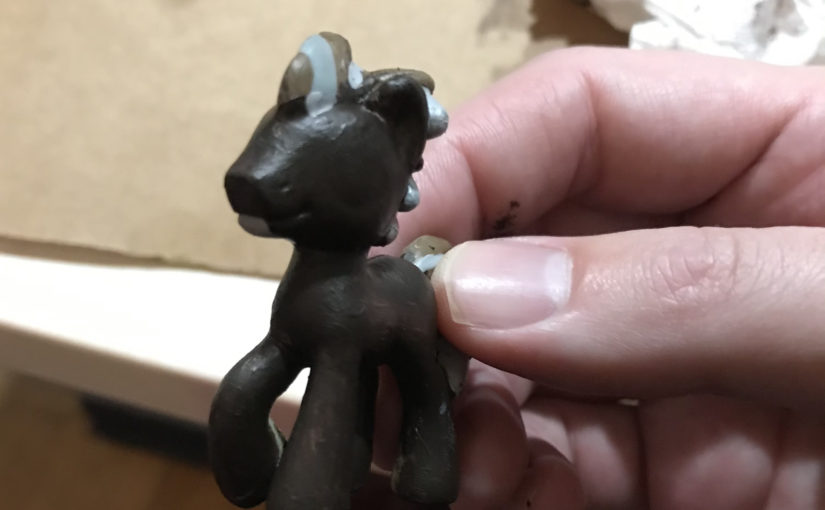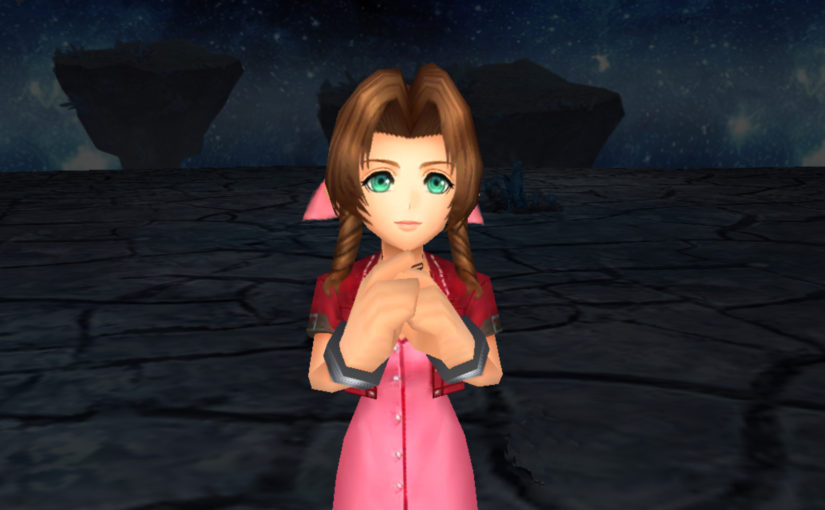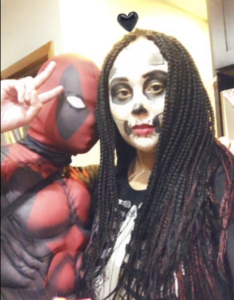When we last met our heroes, Trojan Aziz was dodging Niveus Hare’s fireballs as they came upon a goblin camp. Since then, Trojan, only mildly singed, and an ever-inebriated Niveus were separated from their friend, Ped Xing, and had made new acquaintances in Ugh and Doria, a half-orc and a human — a human who died in battle and was put in a bag of holding for a week before resurrection.
“Ugh,” said Ugh, the half-orc barbarian, as he hauled a catatonic cleric like a sack of resurrected potatoes off the back of Nivvy’s horse.
“Maybe we can find some sort of thaumaturge to stop the drooling,” Niveus offered.
The four of them — Ugh, Niveus, Trojan the elven rogue, and the not-so-present Doria had been traveling for several days, to a town Ugh knew as Dunwich. They would be able to stock up on some necessary healing potions — Nivvy’s staff of healing unfortunately bamfed out of existence after some gratuitous misuse — and hopefully a keg or three of good ale.
Dunwich wasn’t unfamiliar to Ugh, as he’d been a resident of Fel’way since his birth. Niveus and Trojan, on the other hand, had been rather unhappily transported from Faerûn by otherworldly magic along with their missing friend, Ped Xing. Every new town, so far, was turning out to be something of a surprise.
The settlement crept up upon with the smell of burnt flesh and the sight of rising smoke. Trojan was the first to scuttle up the main road, ready to stab and slash and cause general mayhem: the village was in danger; that much was obvious. Niveus, gingerly alighting from his horse — he didn’t want to sully his fancy lavender ensemble — took up the middle on account of being “squishy,” and Ugh lugged Doria behind him with a hand that could use a good manicure.
“This isn’t a normal goblin raid,” he said. “The city guard is too used to that.”
“Let’s go cut ’em up,” Trojan said.
“I don’t have that healing staff anymore,” Niveus said. “And Doria is still a bit… touched.” Nivvy daintily took a handkerchief and wiped her chin before polishing off some potables from his hip flask. “Just try to stay the way out of my fireballs.”
“Wizards,” grumbled Ugh.
“You didn’t mind when I charmed the barkeep into lowering the cost of the port,” Niveus said. “However dubious that transaction was.”
Ugh just grunted.
“C’mon, you two,” said Trojan. “Let’s go do this hero stuff!”
“And maybe get some remains for sausage filling while we’re at it?” Niveus’ voice was all too hopeful.
Ugh rolled his eyes. “Gross. And I’m a half-orc. Gross is my thing.”
Done with the bantering, Trojan gripped both his companions by the hand and proceeded to march the group up the slight slope toward Dunwich. The town’s gates had been smashed open; that much was obvious as the group approached. Upon broaching Dunwich proper, the residencies on the outskirts were barred shut: townsfolk, nowhere to be seen.
“I hear something to the north,” said Trojan. A cacophonous thumping like a gigantic drum rang out from the center of the town, where, according to Ugh, the mayor resided and governed.
“After the brass, eh?” said Niveus. “Time for the saviors to step in.”
“I’ll stealth up and gather some intel,” said Trojan. Ugh grunted in acknowledgement and stood protectively in front of his party’s magic-wielder and slightly enfeebled healer.
“Gobbies?” Doria asked.
“Hush,” said Niveus.
Trojan slinked behind the town’s pub — hoping Nivvy and Ugh wouldn’t try to peruse the goods while he was off working — and headed toward the town hall. It was a sturdy building, surrounded by a wooden wall. A wooden wall currently being crushed by an ogre with a battering ram.
“Well, shit,” Trojan swore. He was tempted to nock an arrow into his longbow and distract the creature, but he noticed off to the side a second, lumbering hulk of an ogre littered with goblins riding its back. This would be too much for him alone. He counted four goblins atop the beast.
“Sleep,” whispered a voice behind Trojan’s back. Despite his cool demeanor Trojan jumped. Liquid syllables too hard to remember swept past his ears, and one by one the goblins dropped off the ogre’s back, falling into a deep slumber on the ground.
Trojan turned around to see Niveus and Ugh behind him, surprised that they so sneakily crept up behind him. Doria huddled back in the corner, chanting something about making things glow.
The sleep spell was effective, but not without its caveats: both ogres turned around to face the party and roared with exasperation.
“I thought we were going in quietly,” Trojan said.
“I got bored.” Niveus shrugged and took another slug from his flask.
Both ogres began stamping toward the group, and Niveus shrank back toward Doria. “Did my job!” he quipped.
Ugh pulled the straps off his great axe and hefted it with two meaty hands, his eyes glazing over. Let the anger well up inside, he thought, and within seconds he was filled with rage. The half-orc charged toward the goblin-free ogre and swung mightily, opening a razor-sharp, red wound from shoulder to belly on the beast.
“So much for stealth,” muttered Trojan, before a chaotic flicker gleamed in his eyes. “It’s stabbing time!”
He rushed forward, unsheathing and hurling a softly glowing dagger from his belt. The blade flew toward the ogre with the battering ram, digging deep into its shoulder and whipping out in a trail of blood as the dagger magically boomeranged back into Trojan’s hand. The ogre howled and dropped the ram to the ground, cursing loudly.
“I guess it’s my turn again,” Niveus said from the background. More harsh sounding words escaped his lips as he extended his left hand. Gathering green light extended from his fingertips and coagulated into a ball of vitriolic sludge. Niveus flung a dart of pure acid at the howling ogre, flask in one hand, and smiled as there was the heavy sizzling of evil flesh melting by the power of his magic.
“Don’t get cocky!” raged Ugh. He had leapt onto to the other ogre’s back, careful not to disturb the sleeping goblins scattered about his surroundings and with a loud clang crashed his great axe into the trapezoid of the beast, crippling its right arm. The ogre, eyes bloody, reached up with his left hand and swiftly threw Ugh into a pile of rubbish from the crumbling wall.
“Cocky my ass,” Trojan said. He sprinted forward, drawing his rapier as he ran.
“Do I have to use another spell?” called Niveus, cheeks slightly flushed.
Ugh’s ogre was staggering, looking worse for wear, so Trojan focused an elegant stroke of his blade against the underbelly of the other, whose face was distorted, rendered even more hideous by Niveus’ evocation. A deft slash — one and a sneak attack for good measure — gutted the monstrosity and Trojan was covered in ogre offal.
“One left,” growled Ugh, picking himself up out of the pile of debris. He could feel the frenzy overtake him, and without restraint launched himself toward the remaining ogre and began hacking away, chucking bits of monster flesh left and right with a perverse relish.
Immediately the ogre was bombarded by three bolts of pure arcane energy, pummeling its wounds open further and exposing some green, fleshy bones. The ogre dropped to its knees beneath Ugh’s weight and ultimately collapsed as the half-orc slit it neatly down its back with his axe.
Trojan took it upon himself to drop his rapier and slip two more daggers out of his belt. He drove them both into the throat of the blinded ogre and whipped them out, now completely covered in blood but rewarded with a thud as it dropped to the ground.
“If it was only this easy all the time,” said Niveus. He had begun casually slitting the throats of the sleeping goblins with his athamé, careful to preserve the bodies. “Sausage, anyone?”
“Ugh!” said Ugh, his stream of adrenaline slowly tapering off.
Trojan looked around for something to wipe himself off with, considering he was covered in ogre blood. He was interrupted by calls in Dwarvish, which he could barely parse, from ahead toward the manse.
Our heroes’ adventure continues soon, with missing children and hags, oh my!
